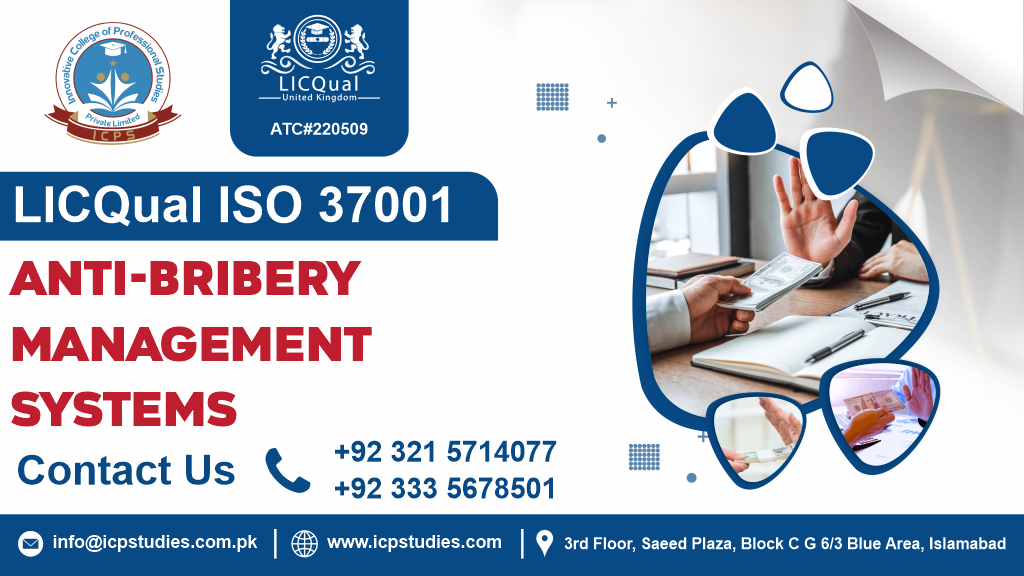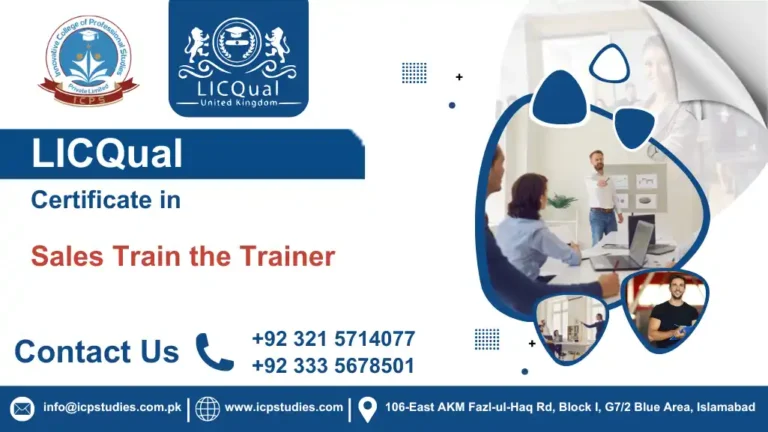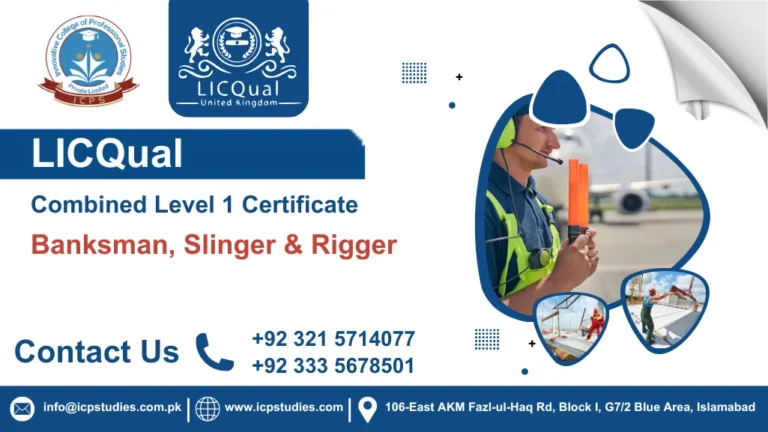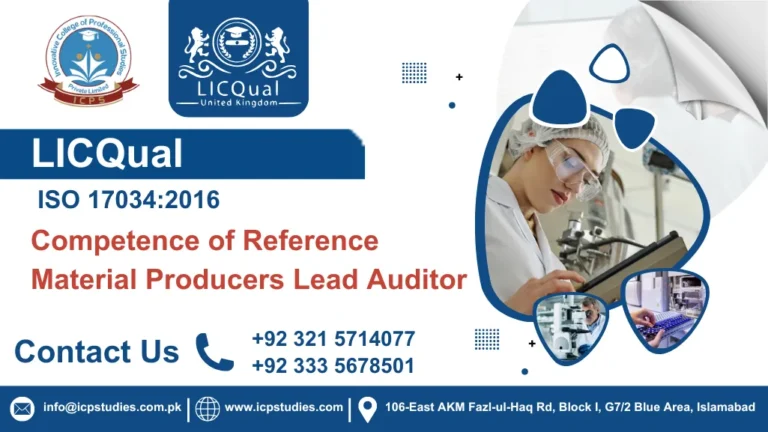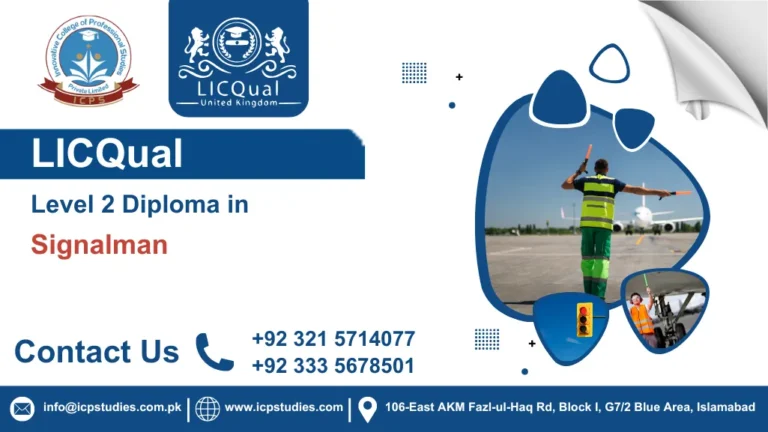In the complex landscape of global business, maintaining integrity and preventing bribery is essential for sustaining trust and compliance. The ISO 37001 Anti-Bribery Management Systems Internal Auditor course equips professionals with the knowledge and skills to audit and enhance anti-bribery practices within organizations. This blog post delves into the significance of this role, what the course entails, and why it’s a crucial investment for your career and organizational integrity.
ISO 37001 is an international standard that provides a framework for establishing, implementing, maintaining, and improving an anti-bribery management system (ABMS). The standard is designed to help organizations prevent, detect, and address bribery and corruption effectively. It outlines a series of measures and controls that organizations can adopt to combat bribery in various forms, ensuring ethical practices and compliance with anti-bribery laws.
The ISO 37001 Anti-Bribery Management Systems Internal Auditor course is designed to equip professionals with the skills and knowledge needed to effectively audit and enhance anti-bribery practices in line with ISO 37001 standards. By conducting thorough audits, identifying non-conformities, and recommending improvements, these auditors play a vital role in maintaining organizational integrity and preventing bribery. As businesses continue to face increasing scrutiny and regulatory demands, the expertise of internal auditors in anti-bribery management will be invaluable in fostering a culture of ethical conduct and compliance.
All About ISO 37001 Anti-Bribery Management Systems Internal auditor
Course Overview
An ISO 37001 Anti-Bribery Management Systems Internal Auditor is a specialized professional responsible for evaluating and improving an organization’s anti-bribery practices in alignment with the ISO 37001 standard. This role is crucial in ensuring that an organization effectively prevents, detects, and addresses bribery and corruption through a structured and systematic approach.
ISO 37001 Anti-Bribery Management Systems Internal Auditor plays a vital role in assessing and improving an organization’s anti-bribery management system. Through systematic audits, identification of non-conformities, and recommendations for improvement, these professionals help ensure that anti-bribery practices are effective, compliant, and aligned with ISO 37001 standards, ultimately fostering a culture of integrity and transparency within the organization.
Study Units
- Introduction to ISO 37001
- Bribery and Corruption Concepts
- Legal and Regulatory Framework
- Risk Assessment and Management
- Policies and Procedures
- Internal Audit Techniques
- Documentation and Record-Keeping
- Communication and Stakeholder Engagement
- Educational Background: A degree or equivalent qualification in business, law, compliance, or a related field.
- Professional Experience: Relevant work experience in compliance, risk management, auditing, or anti-bribery initiatives, typically ranging from one to three years.
- Familiarity with ISO Standards: Basic understanding of ISO 37001 and other related standards is beneficial.
- Knowledge of Anti-Bribery Regulations: Awareness of applicable anti-bribery laws and regulations in relevant jurisdictions.
- Audit Principles: Basic understanding of auditing methodologies and practices.
- Communication Skills: Strong verbal and written communication skills for effective reporting and documentation.
- Commitment to Learning: Willingness to engage with course materials and participate in practical assessments.
As requirements may vary by provider, it’s advisable to check the specific details of the course you are interested in.
4o mini
The LICQual ISO 37001 Anti-Bribery Management Systems Internal Auditor course is designed for:
- Internal Auditors: Professionals conducting audits of anti-bribery management systems within organizations.
- Compliance Officers: Individuals responsible for ensuring adherence to anti-bribery laws and regulations.
- Risk Managers: Professionals focused on identifying and mitigating risks associated with bribery and corruption.
- Legal Advisors: Those providing guidance on compliance with anti-bribery regulations.
- Corporate Governance Professionals: Individuals involved in implementing and overseeing governance frameworks.
- Management and Executive Leaders: Senior staff aiming to understand and support anti-bribery initiatives within their organizations.
- Consultants: Advisors offering expertise in establishing and managing anti-bribery management systems.
Overall, the course is suitable for anyone involved in the development, implementation, or auditing of anti-bribery management systems.
Learning Outcome
Introduction to ISO 37001
- Understand the Standard: Describe the purpose, scope, and principles of ISO 37001, including its objectives and benefits for organizations.
- Framework Overview: Explain the structure of ISO 37001, including its core components such as anti-bribery policies, risk assessment, due diligence, and control measures.
- Implementation: Outline the steps for establishing and implementing an Anti-Bribery Management System (ABMS) in accordance with ISO 37001.
- Compliance Assessment: Assess the alignment of existing anti-bribery practices with ISO 37001 standards.
Bribery and Corruption Concepts
- Define Bribery and Corruption: Explain key concepts and definitions related to bribery, corruption, and unethical practices.
- Recognize Forms: Identify various forms of bribery and corruption, including direct and indirect bribery, facilitation payments, and conflicts of interest.
- Understand Impacts: Describe the impact of bribery and corruption on organizations, including legal, financial, and reputational consequences.
- Case Studies: Analyze real-world examples of bribery and corruption to understand their implications and prevention strategies.
Legal and Regulatory Framework
- Legal Requirements: Explain relevant anti-bribery and anti-corruption laws and regulations applicable at national and international levels.
- Regulatory Compliance: Understand how to ensure compliance with legal requirements and industry standards related to anti-bribery.
- Enforcement Mechanisms: Describe enforcement mechanisms and penalties for non-compliance with anti-bribery laws.
- Integration with ISO 37001: Demonstrate how legal and regulatory requirements are integrated into the ISO 37001 framework.
Risk Assessment and Management
- Risk Identification: Develop skills to identify and assess bribery and corruption risks within an organization.
- Risk Evaluation: Apply methodologies for evaluating the likelihood and impact of identified risks.
- Risk Treatment: Design and implement risk treatment strategies to mitigate identified bribery risks.
- Ongoing Monitoring: Establish processes for continuous monitoring and review of risk management practices.
Policies and Procedures
- Policy Development: Understand the key components of anti-bribery policies and procedures required by ISO 37001.
- Implementation: Learn how to develop, implement, and communicate anti-bribery policies and procedures within an organization.
- Review and Update: Establish processes for regular review and updating of anti-bribery policies to ensure continued effectiveness and compliance.
- Policy Integration: Ensure anti-bribery policies are integrated with other organizational policies and management systems.
Internal Audit Techniques
- Audit Planning: Develop a comprehensive audit plan for evaluating the effectiveness of the Anti-Bribery Management System (ABMS).
- Audit Execution: Apply internal audit techniques to assess anti-bribery controls, processes, and compliance with ISO 37001.
- Evidence Collection: Collect and analyze evidence through interviews, document reviews, and process observations.
- Reporting and Follow-Up: Prepare detailed audit reports, including findings, non-conformities, and recommendations for improvement. Monitor the implementation of corrective actions.
Documentation and Record-Keeping
- Documentation Standards: Understand the importance of proper documentation in anti-bribery management and internal auditing.
- Record Maintenance: Develop and maintain comprehensive records of anti-bribery activities, audits, and findings.
- Best Practices: Implement best practices for documentation to ensure accuracy, completeness, and accessibility.
- Compliance: Ensure documentation practices comply with ISO 37001 requirements and organizational policies.
Communication and Stakeholder Engagement
- Stakeholder Identification: Identify and categorize stakeholders relevant to anti-bribery management and internal auditing.
- Effective Communication: Develop strategies for effective communication with stakeholders regarding anti-bribery policies, audit findings, and improvement initiatives.
- Engagement Techniques: Apply techniques for engaging stakeholders and obtaining their input and support for anti-bribery measures.
- Reporting and Feedback: Communicate audit results and recommendations clearly, and facilitate stakeholder feedback to enhance anti-bribery practices.
These learning outcomes ensure that participants acquire the necessary skills and knowledge to effectively perform as ISO 37001 Anti-Bribery Management Systems Internal Auditors, enabling them to audit and improve anti-bribery practices in line with ISO 37001 standards.
FAQs about ISO 37001 Anti-Bribery Management Systems Internal auditor

